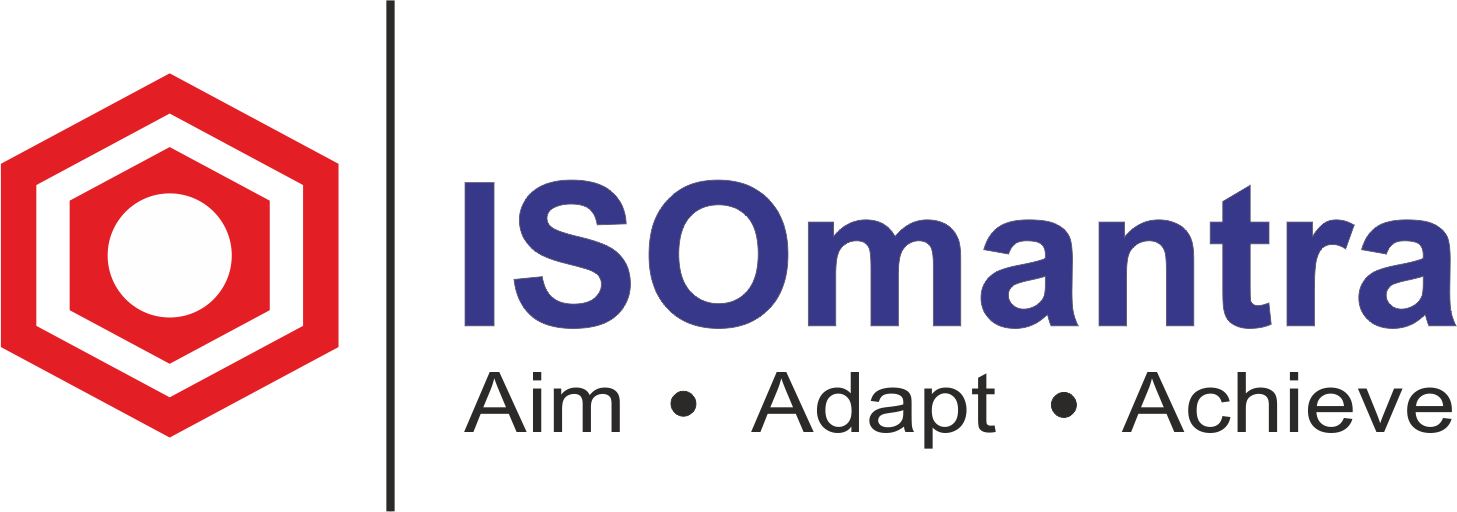What exactly is ISO 26000:2010 – Social Responsibility?

ISO 26000 presents international recommendations for increasing your organization’s social responsibility. Regardless of the form of your organisation, this will aid you in developing and implementing long-term social responsibility initiatives. ISO 26000 can assist you in resolving issues ranging from working techniques to environmental legislation, sustainable development, and the people you affect.
In all sectors of society, social responsibility has become the most significant component in determining the efficiency of your firm. The legal and voluntary obligation of an organisation to consider the social and environmental effect of its policies and actions is known as social responsibility. Corporate Responsibility Strategy demonstrates how a corporation can engage with its stakeholders, who contribute to sustainable development, while also acting ethically.
The Advantages of ISO 26000:2010 Certification
1. Satisfaction of Customers
- Provide products that regularly satisfy client expectations, as well as dependable and dependable service.
2. Lower Operating Costs
- Continuous process improvement and the associated operational efficiency save money.
3. Better Stakeholder Relationships
- Improve your organization’s image among employees, customers, and suppliers.
4. Legal Obligation
- Recognize how legislative and regulatory obligations affect your company and its consumers.
5. Better Risk Management
- Greater consistency and traceability of products and services implies that problems may be avoided and corrected more easily.
6. Demonstrated Business Credentials
- Independent verification against an industry standard that is globally recognised speaks volumes.
ISO 26000 – Social Responsibility requires a document-
- System Guide
- System Operation
- Policy
- Objectives
- Mission and Vision
- Standard Operating Procedure (SOP)
- Checklist
- Forms
- Formats
- Records
The volume of documented information varies depending on –
- the size of the organisation
- Activities carried out by the organisation
- Processes carried out by the Organization
- The organization’s products and services
- The intricacy of the processes involved
- Competence of those involved

